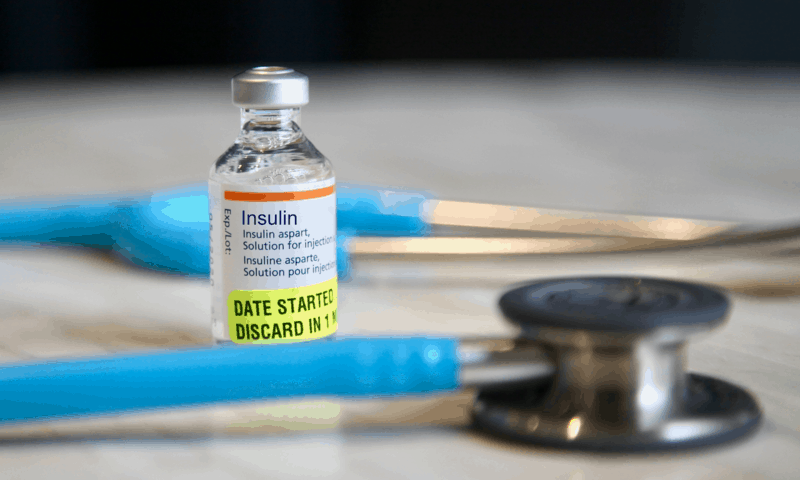Provention Bio’s stock flew skyward Tuesday as FDA advisory panel documents apparently backed the efficacy of its diabetes prevention drug teplizumab while avoiding a larger question about the quality of the biotech’s manufacturing.
It was a collective sigh of relief. The company’s stock had tumbled in April when the FDA flagged a mismatch between the quality of teplizumab produced by the biotech’s contract manufacturer compared to the batch made by teplizumab’s former owner, Eli Lilly, for a clinical trial.
After a pharmacokinetic review of the therapy, the agency said it needed more data to confirm the product made by AGC Biologics for Provention was equivalent to the substance Lilly originally created and supplied for the trial, called TN-10, that features in telizumab’s approval application.
The company warned that the FDA’s request for more information would likely delay a decision past its July 2 deadline, but the advisory committee meeting, scheduled for May 27, would go ahead.
CEO Ashleigh Palmer said earlier this month that Provention needs the advisory committee’s backing to move the pharmacokinetics issue along at the FDA. If the panel signals its support, the company may be able to work with the agency through a breakthrough therapy designation to swiftly resolve the concerns.
If the panel were to recommend the therapy not move forward, “then essentially the comparability issue becomes a moot point,” Palmer told investors during the company’s first-quarter earnings call.
Fast-forward to two days before the meeting. Briefing documents from the advisory panel now show that the committee will not review the comparability issue, but instead stick to safety and efficacy questions. And they seem to be tipped in Provention’s favor.
The FDA staff reviewers noted that the approval request was based on a small study of 44 patients at risk of developing Type 1 diabetes. Additional safety data submitted for a different indication were not a perfect comparison to determine safety, the briefing stated. But the drug nevertheless fills an unmet need to prevent the condition in some patients.
“Given the severity and rarity of the disease, the lack of treatments to delay its onset, and the impracticality of conducting a second long-term clinical trial, it seems appropriate to consider this single [clinical] trial plus confirmatory evidence as potentially meeting the standard for substantial evidence of effectiveness,” the briefing docs said.
Provention Bio’s shares showed signs of recovery on the positive briefing docs, climbing nearly 22% to $9.70 Tuesday. When the FDA raised its manufacturing concerns, Palmer had predicted that they were unlikely to come up at the committee meeting. The FDA’s decision to proceed with the meeting was an encouraging sign the agency was moving ahead with the review, he said at the time.
The CEO said he doesn’t believe the FDA’s comparability concerns will affect teplizumab’s clinical benefits—or its market potential.
During the TN-10 clinical trial, Provention determined that teplizumab delayed the onset of type 1 diabetes in at-risk patients by two years.
This length of delay could help patients avoid diabetic ketoacidosis, a life-threatening complication of diabetes, the review documents said. The therapy could also delay the need for insulin and the risks that come along with that drug, plus reduce the disease burden on patients and their caregivers.
While advisory committees do not have final say on a drug’s approval, the panel will vote and make a recommendation to the FDA. Questions to be discussed include the strength of the evidence presented and whether supplementary data can support the application, safety issues identified, the clinical meaningfulness of the two-year onset delay and whether the committee would recommend approval.
On the eve of the meeting Wednesday, nerves got the better of Provention’s investors, sending the shares down slightly again in a rollercoaster sure to last the week.
Type 1 diabetes is a chronic condition where the pancreas produces either not enough insulin, or none at all. The condition typically appears in children or young adults and has no cure, but it’s typically managed through insulin, diet and exercise.

